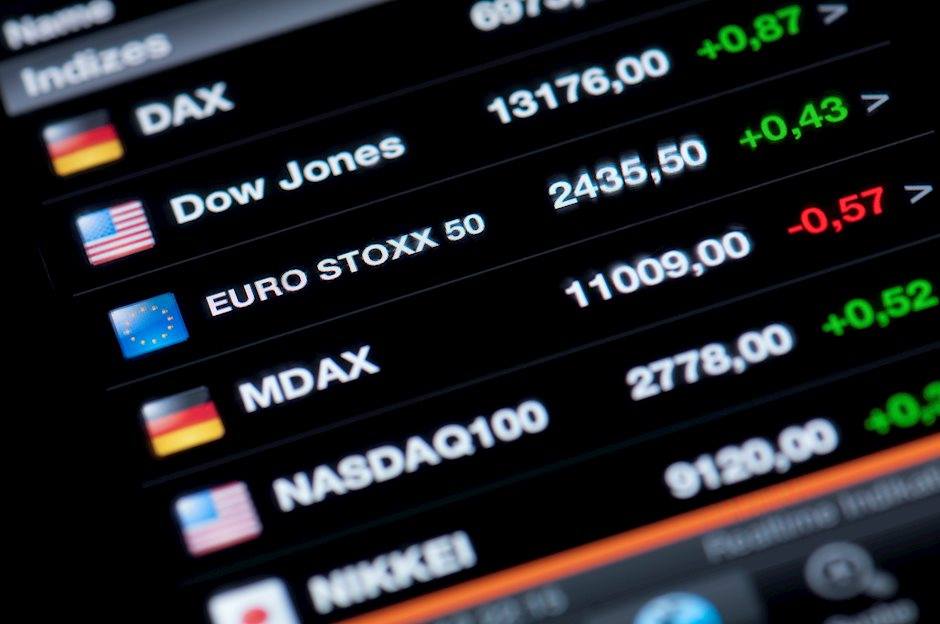IPOs: How do they work and is it worth getting involved?

There are lots of reasons companies decide to go public. It could be that the founders are looking to cash in after years of working seven days a week, or that they want to raise money to expand the business. Perhaps there are early investors who want their money back, plus a healthy return. Whatever the combination of reasons, there are several ways to go public.
Chief amongst these is the traditional initial public offering, or IPO. This is where shares of a private company are sold to institutional and retail investors for the first time. The IPO is underwritten by one or more investment banks and shares in the company are ultimately listed on one or more stock exchanges. These are then free to be traded in secondary markets as the once-private company becomes public. Fresh capital is raised, original investors can cash out, and new investors can come in.
What is the IPO process?
Unfortunately, the IPO process can be time-consuming and expensive. Early on, regulators will be involved as will auditors, lawyers, the exchanges, and bankers. On top of this, launching and pricing an IPO is more of an art than a science as underwriters must canvas opinion and work out the optimum pricing of the company’s shares. This requires balancing what is acceptable to current shareholders with what new investors will be willing to pay. If the stock doubles from its launch price on the first day, then the underwriters will be accused of under-pricing the issue and not getting the best deal for the existing owners. If it halves, then they’ll be accused of being greedy.
IPOs may also be delayed when market conditions have looked unfavourable (usually if the stock market is falling) and also if a delay in a bull market suggests the IPO could clear at a higher price.
Why are IPOs popular?
In spite of all this, an IPO is the favoured way for many large, established, and popular private companies to proceed. After all, it does create a considerable buzz. Just look at the brouhaha that surrounded the big tech IPOs such as Facebook, Twitter, Tesla, and Uber for example, as well as more recent listings like Roblox and Bumble. In 2021 we can expect plenty more well-known companies to come to market this way, like Deliveroo and Trustpilot in the UK and Nextdoor and Robinhood in the US.
As a retail investor, it’s relatively easy to get involved by registering your interest in an IPO with your broker. But whether you’re successful or not in buying stock at the official IPO price, and how much you get, is another story. It’s always going to be something of a lottery.
Should you buy IPO stocks?
Buying IPO stock could result in impressive gains later on if the company is successful, while getting involved also means you’ll be providing capital to the economy and enable companies to grow. However, you need to be prepared for volatility that could see your shares plummet in value. It can be tricky to stay invested when these price fluctuations occur and obviously losses are a real possibility. What’s more, IPOs generally don’t perform particularly well relative to the rest of the market. There are, of course, exceptions to this: just look at how well Tesla and Facebook have done since going to market. But there are concerns that many private companies are going public too early — well before their product or business model has been truly tested. For this reason, it really is a case of ‘caveat emptor’.
When it comes to IPOs, it’s all about identifying the right opportunity at the right time, and that will require patience. Try and resist the buzz around the hot companies preparing to go public, and do your research and remain disciplined before committing.
Premium
You have reached your limit of 3 free articles for this month.
Start your subscription and get access to all our original articles.
Author

Stuart Lane
Trade Nation
Stuart has worked in the retail trading sector for over 30 years. His career began at City Index where he headed the Financial Trading desk, before leaving in 1999 to set up Financial Spreads and then the spread betting and CFD arm for Man Financial.

















